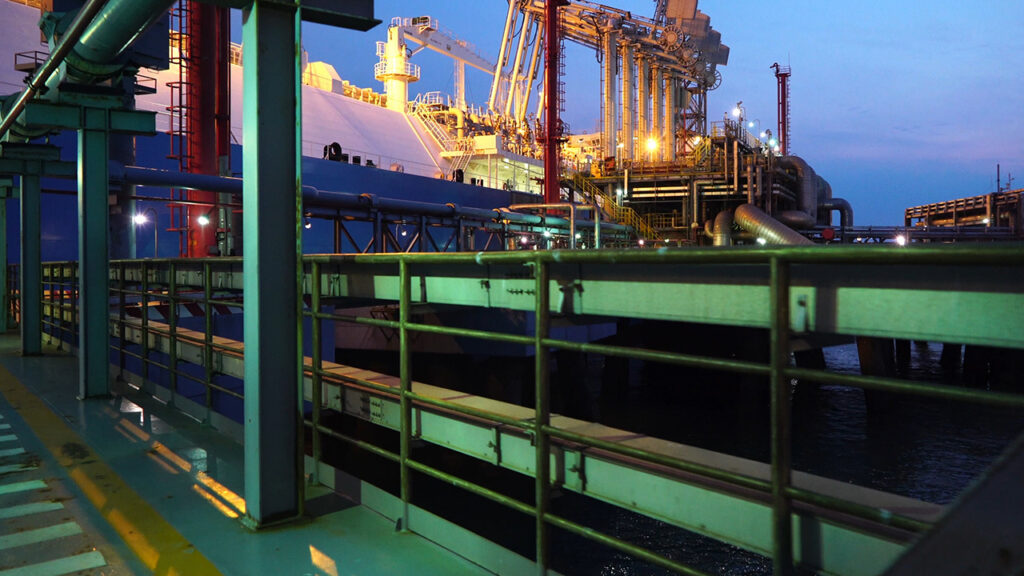IMO 2020: Legal considerations for unprecedented changes
The recent spate of vessel bunker contamination cases in the US Gulf and Singapore has brought into sharp focus the unprecedented standards to be affected by MARPOL Annex VI (commonly referred to as “IMO 2020”): the implementation of a global cap of 0.5% sulphur content in marine fuel from 2020. This limit will apply outside designated emission control areas.
In this briefing we outline what MARPOL Annex VI means in practice for shipping industry stakeholders.
Likely incidence of fuel contamination
A global shift from residual fuels, with a maximum of 3.5% sulphur content, to primarily distillate fuel with a maximum of 0.5% sulphur content will undoubtedly catalyse an unwanted vicious cycle.
Bunker suppliers will likely be required to conduct more fuel blending to comply with the new low sulphur cap limit. This is particularly so where players may not be in a position from the effective date (currently stated as 1 January 2020) to produce or supply sufficient quantities of low sulphur fuel to meet global demand.
The increasing incidence of blended fuels inevitably heightens the risk of importing contaminants completing the cycle1.
Use of scrubbers
Many ship owners are now actively weighing the need for purchasing or fitting scrubbers (Exhaust Gas Cleaning Systems) to their vessels to limit sulphur release to the atmosphere, thus complying with the MARPOL regulation.
Whilst scrubbers are admittedly expensive, they enable owners to have the option of continuing to burn high-sulphur fuels, following the effective date, provided their underlying charter contracts permit their use2.
Depending on the overall availability of low sulphur fuels, owners may well benefit from earning increased freight from scrubber fitted vessels in demand, which freight could also take into account additional bunker consumption incidental to scrubber usage.
Within the context of time and voyage charters, this brings a fresh perspective on the need for owners and charterers to consider clearly all the potential eventualities and draft their contracts with these in mind.
The parties’ respective obligations or responsibilities should therefore be clearly delineated by the charter in question to limit the likelihood of disputes.
Examples of compliance issues
- In a time charter scenario, the parties could expressly allocate risk, responsibility for delay and/or cost for removing unused non-compliant fuels from the vessel’s tanks. This could deal with the period just prior to delivery and post delivery.
- In a voyage charter scenario, if high-sulphur fuels (i.e. above 0.5% sulphur content) are permitted to be burned under the charter, what is the extent, if any, to which owners should warrant as to the condition and maintenance of scrubbers and/or who is to bear the cost of additional energy consumption with respect to the use of scrubbers?
- Likewise, charterers may wish to protect themselves with respect to delay, say, where laytime and/or demurrage is running and time is lost owing to the stemming or de-stemming of bunker fuels. Meticulous drafting is required to protect the parties’ interests in these potential scenarios.
Take home message
These examples are merely scratching the surface where there are a myriad of other potential issues that may arise.
That said, the standout message must be for chartering and operational teams to consider re-negotiating existing longer term fixtures and/or focus on the drafting of suitable terms for new fixtures to be entered. The industry should consider including BAF clauses to reflect more closely the fluctuating cost of the contemplated compliant fuels, the specifications of which remain unknown at this point in time.
We have experience in assisting both owners and chartering clients with drafting suitable well-balanced clauses3.
For more information as to how MARPOL Annex VI may affect your business, please contact the author of this briefing.
Footnotes
- This may require alternative testing methods to the current ISO testing which is defective to the extent that it does not pick up contaminants such as phenol and styrene. However, this is a topic for a separate briefing note as this briefing will focus on the MARPOL Annex VI sulphur limits and the incidental contractual regime.
- We have been involved in drafting BAF (Bunker Adjustment Factor) clauses which serve to adjust voyage charter freight rates to take into account the possibility that high sulphur fuels may be burned where Owners have such liberty under the charter to burn them.
- Wole Olufunwa has actively negotiated Air Pollution clauses for long term charters which currently are in use and has drafted model BAF clauses for contracts of affreightment which contemplate the use of vessel scrubbers.
Download a PDF version of ‘IMO 2020: Legal considerations for unprecedented changes’









